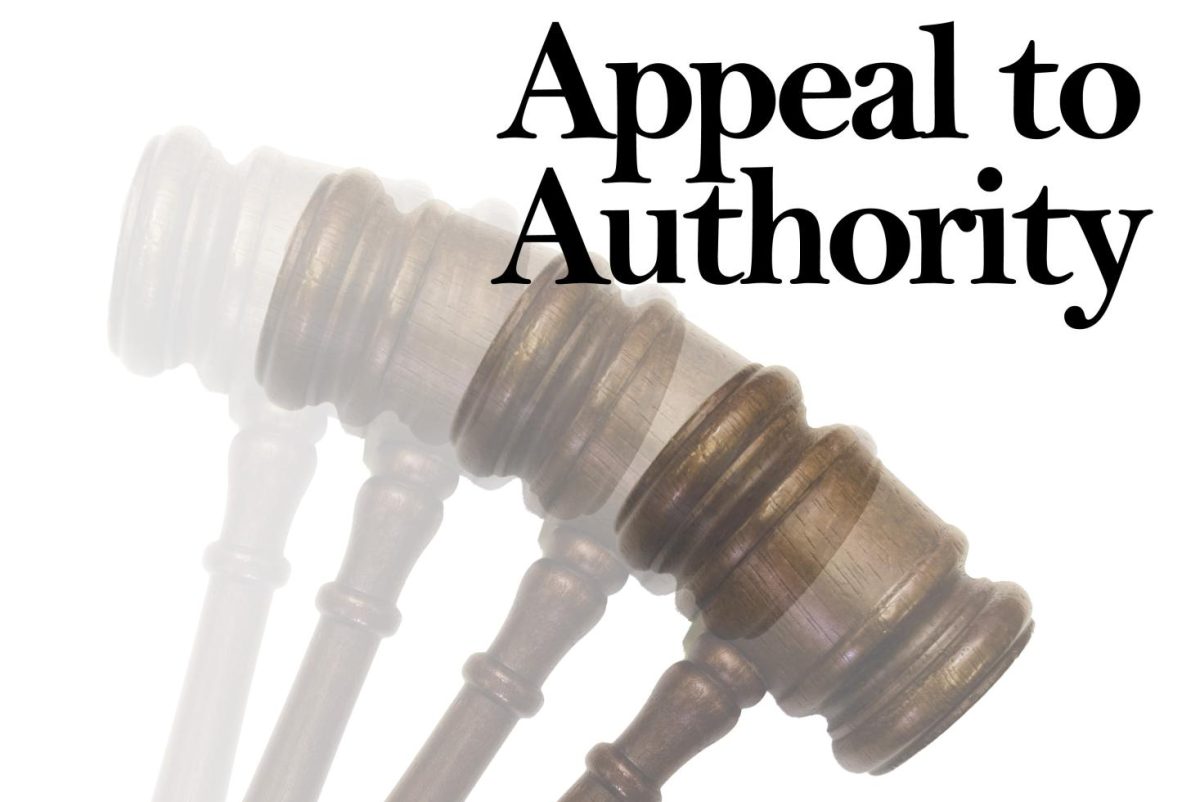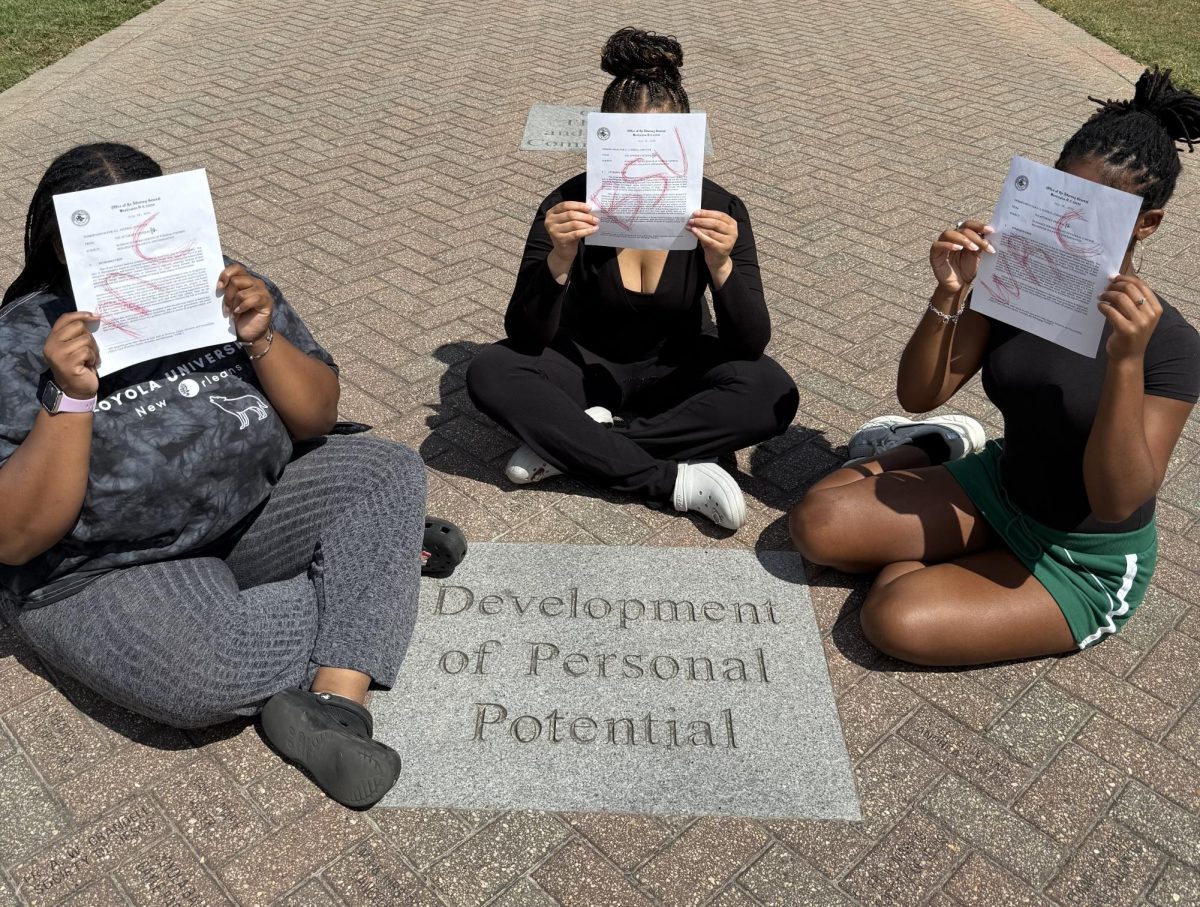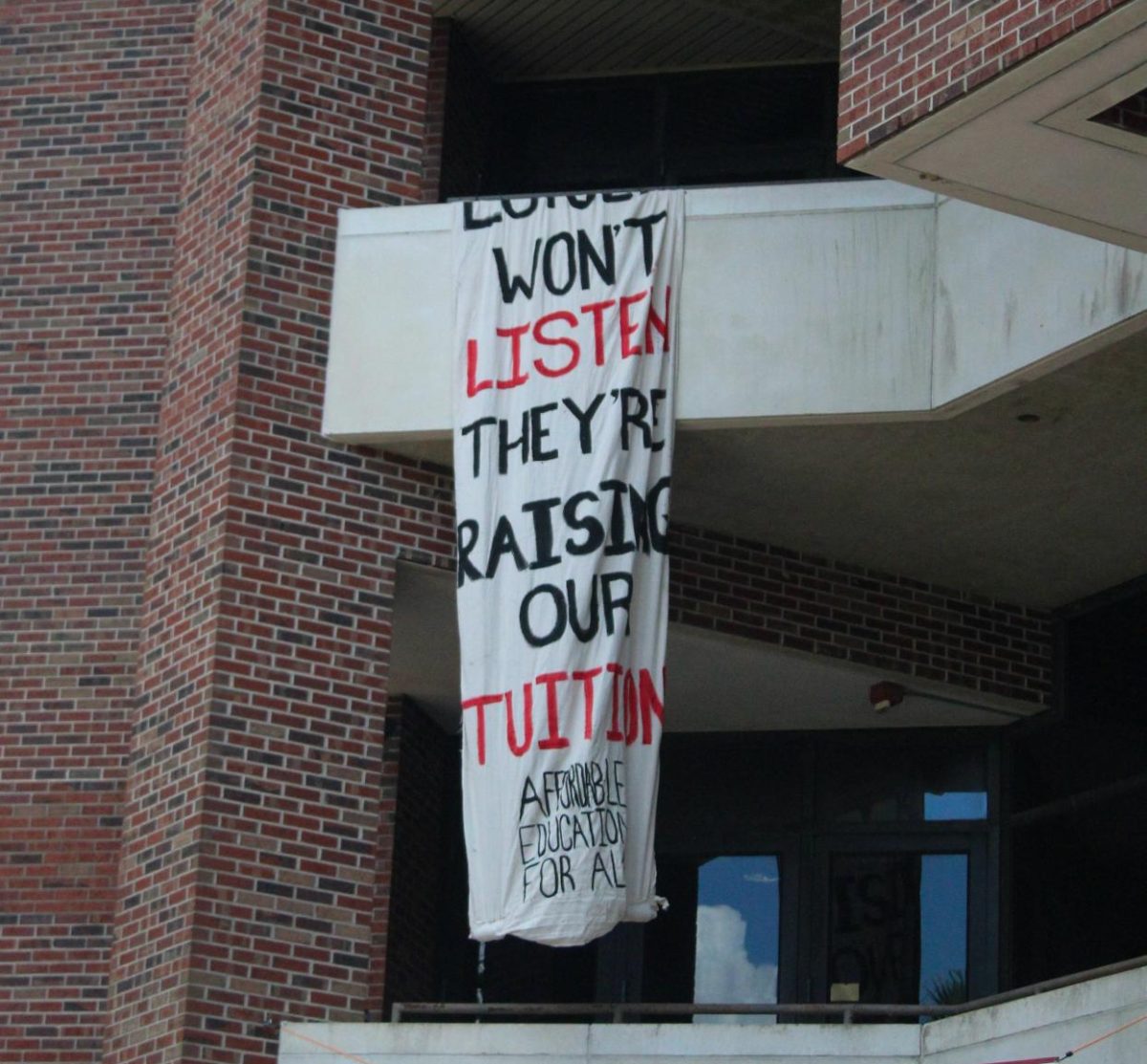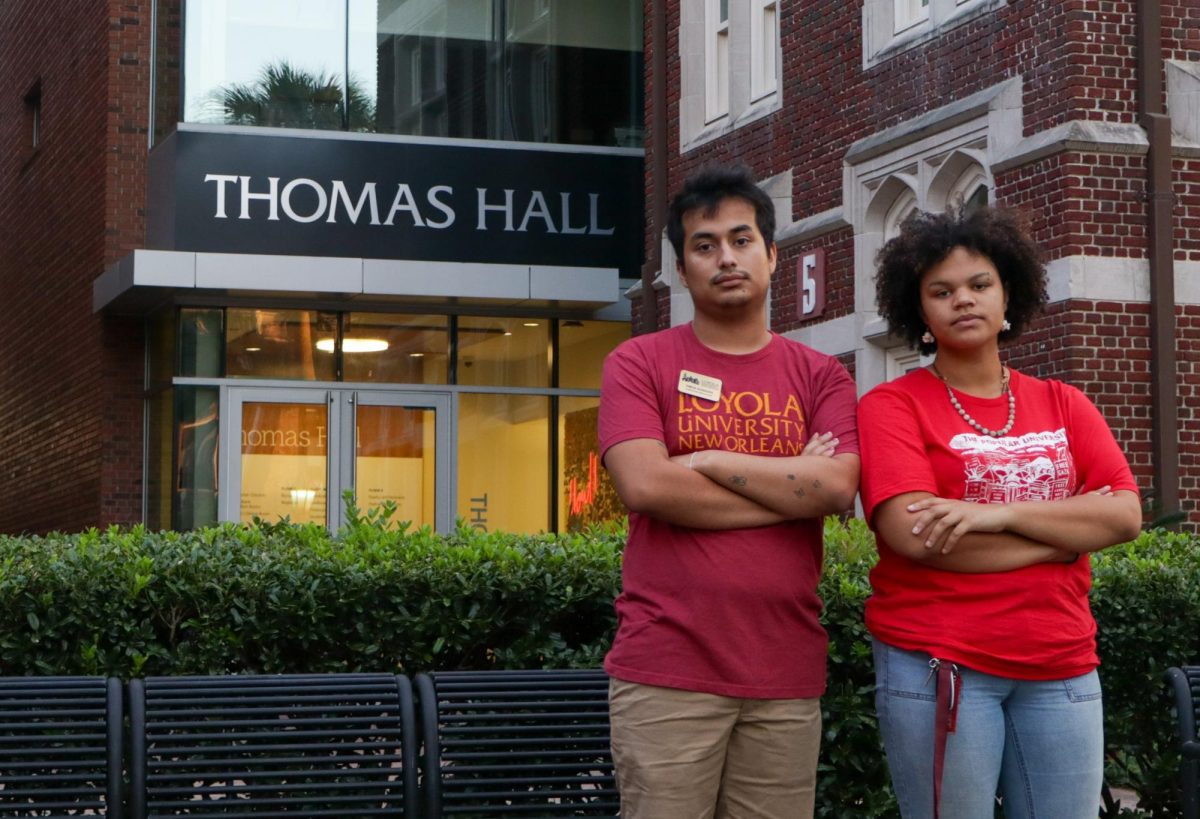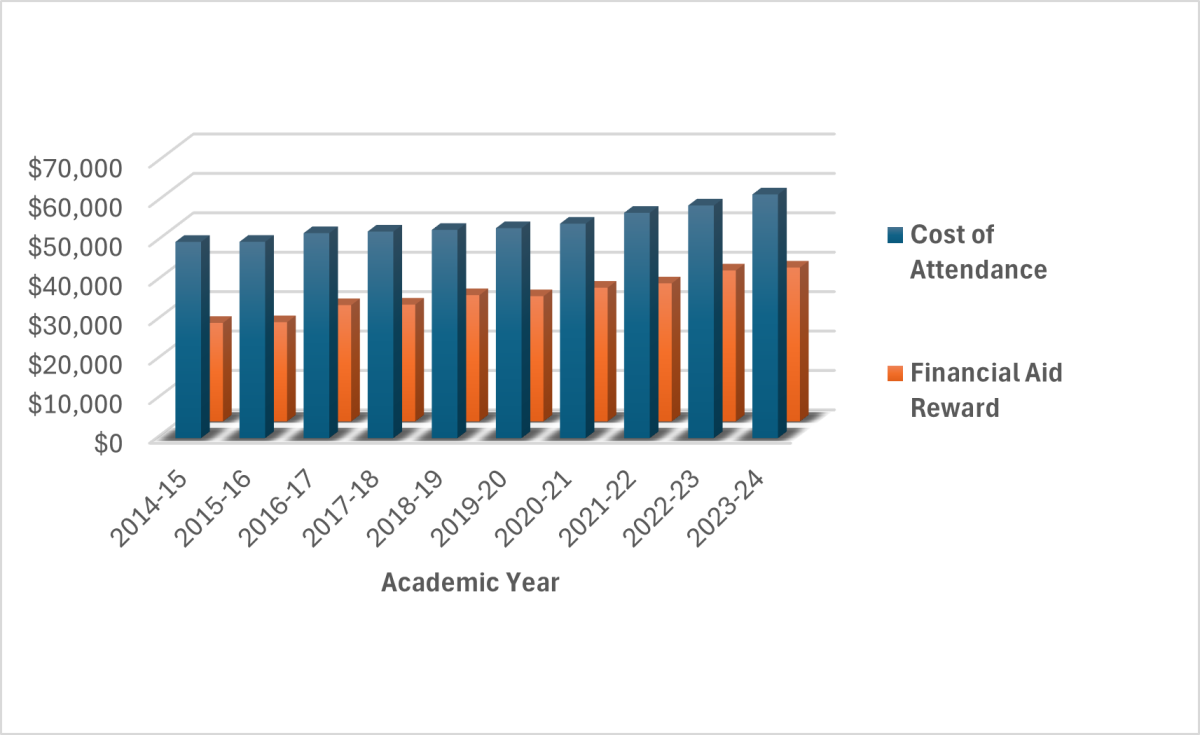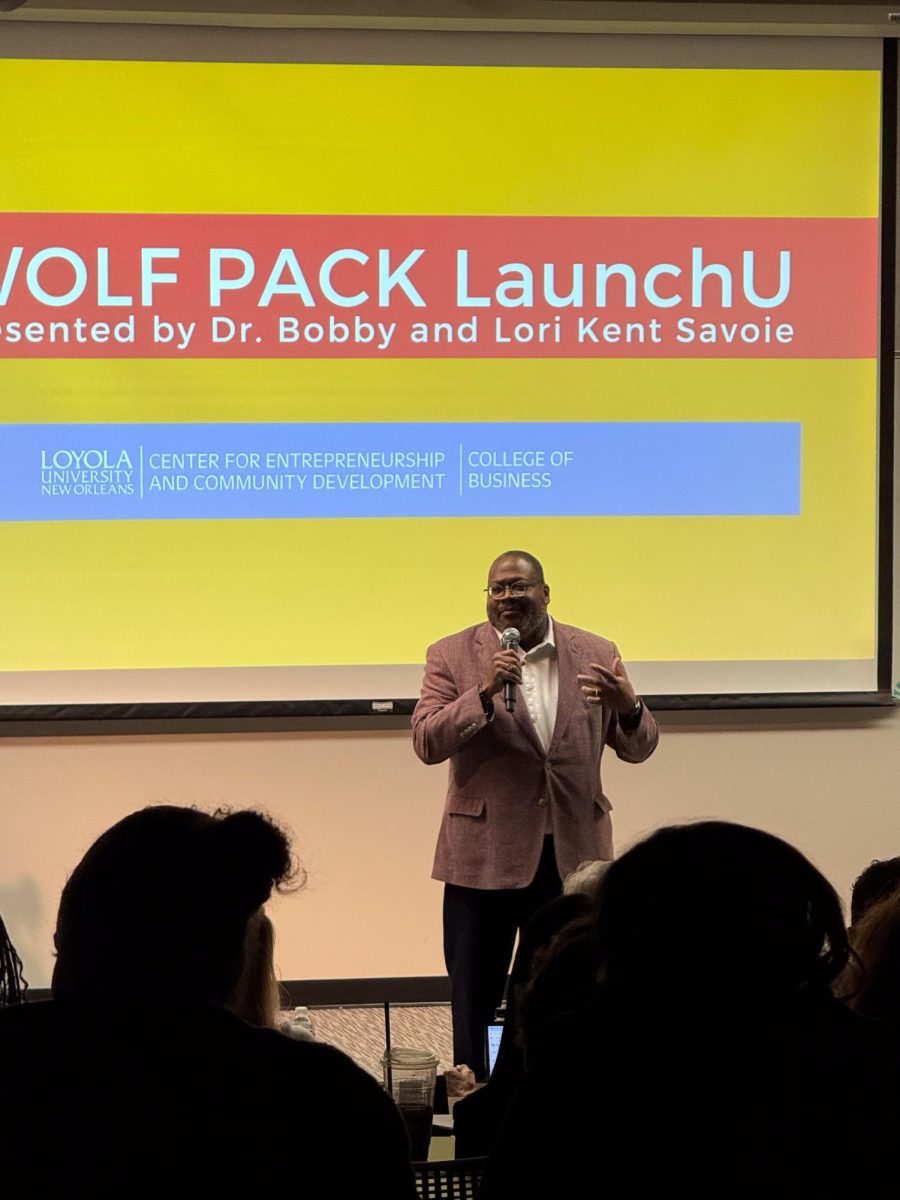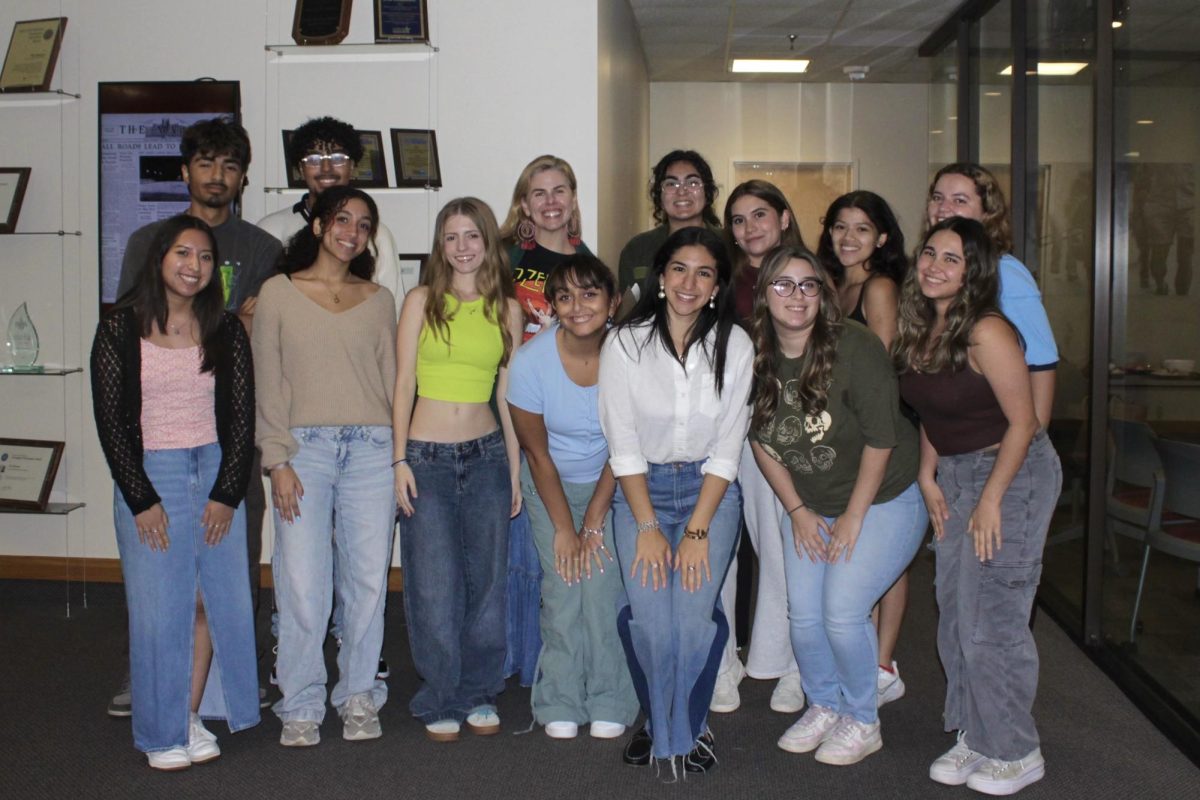Loyola has dissolved its University Board of Appeals, a move that has ignited concern over the fairness of the disciplinary process on campus.
The 15-member UBA, composed of faculty, staff, and students, was responsible for hearing appeals, recommending sanctions, and suggesting policy modifications. It operated under a strict code of ethics, requiring members to be fair, impartial, and maintain confidentiality according to the Board of Appeals member description.
Director of Student Conduct, Dallas Flint, cited several reasons for the board’s disbandment.
“The board was removed due to lack of use since before COVID, lack of knowledge of board members and, as a result, a lack of training,” Flint said.
Isabel Medina, a professor and former chair of the university senate, voiced concern about the decision-making process that led to the UBA’s dissolution.
“The university had unilaterally, without notice to or consultation with the university senate or other relevant faculty bodies, disbanded or done away with the University Board of Appeals,” Medina said.
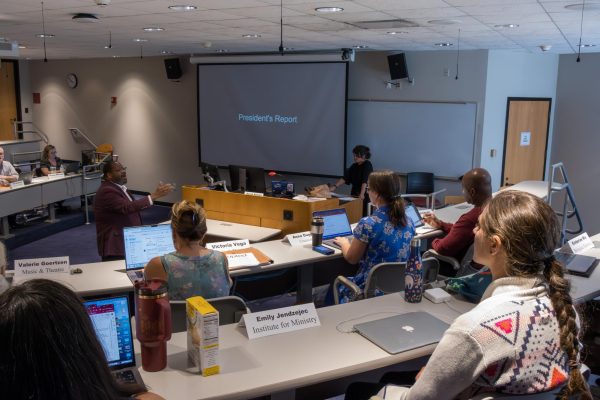
Medina, who teaches due process in her law classes at Loyola’s law school, asserted that the UBA ensured fairer treatment and impartiality than a single administrator deciding both charges and guilt. She believed faculty inclusion was essential under shared governance principles and should have included faculty in this decision.
“Part of the essence of due process is that the cases be decided or presided over by a neutral, objective decision maker,” Medina said.
Under the current system, appeals are routed to the vice president of student affairs or trained designees. Flint noted that the process has been in place for over 10 years and is clearly stated in the Student Code of Conduct.
Kristi Patrickus is co-chair of the Public Policy and Legislative Issues Committee for the Association for Student Conduct Administration. Patrickus provided insight into the role of appeals boards in university conduct processes.
“Appeals boards serve one major function: to provide an aggrieved party with the opportunity to get a second look at their case,” Patrickus said.
Patrickus stated that Loyola’s current system, where appeals go directly to administrators, doesn’t necessarily violate due process requirements. However, she cautioned against potential bias.
“There certainly could be an argument made that the same person issuing the decision shouldn’t be the person also determining if the case was decided correctly,” Patrickus said.
The change has raised questions about the balance between administrative efficiency and shared governance. Flint recognized practical challenges for any future changes to the decision-making process, such as the feasibility of annual training for board members and year-round availability.
The university senate developed a resolution at the end of the spring semester asking President Cole to reinstate the University Board of Appeals, among other requests. Dr. Sarah Allison, the current chair of the university senate, is working with Student Affairs and the President’s Office with hopes of reinstating the appeals board, according to Medina.
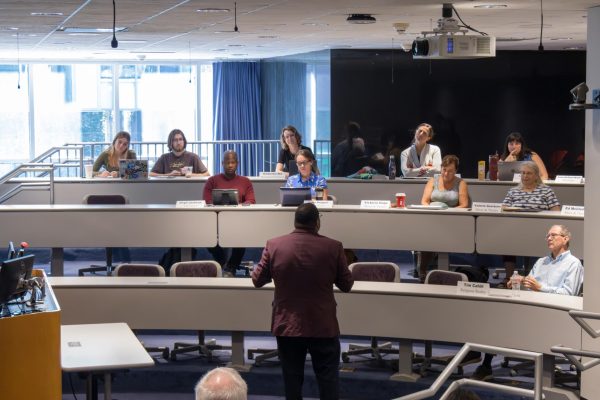
The controversy has also sparked discussions about student protests and free speech on campus. Flint clarified that despite Loyola’s support for free speech and peaceful assembly, students are expected to follow Campus Demonstration Guidelines and adhere to the Student Code of Conduct, which is reviewed annually.
Carson Cruse is an economics senior and a former Students for a Democratic Society leader. Cruse received a one-year academic probation and was banned from all student organizations following his involvement in campus protests. Cruse alleges the university’s disciplinary process lacks transparency and fairness.
“It’s ostracizing,” Cruse said. “Going from high-level involvement to being barred from participating in any student life feels really weird.”
Cruse accuses the administration, including President Cole, of dismissing student activists’ concerns.
“We’ve never been met in good faith to talk about these demands,” Cruse said. “We’ve just been met with stonewalling, complete silence.”
Students with concerns about the appeals process are encouraged to consult the current Code of Conduct or contact the Office of Student Conduct at [email protected].


